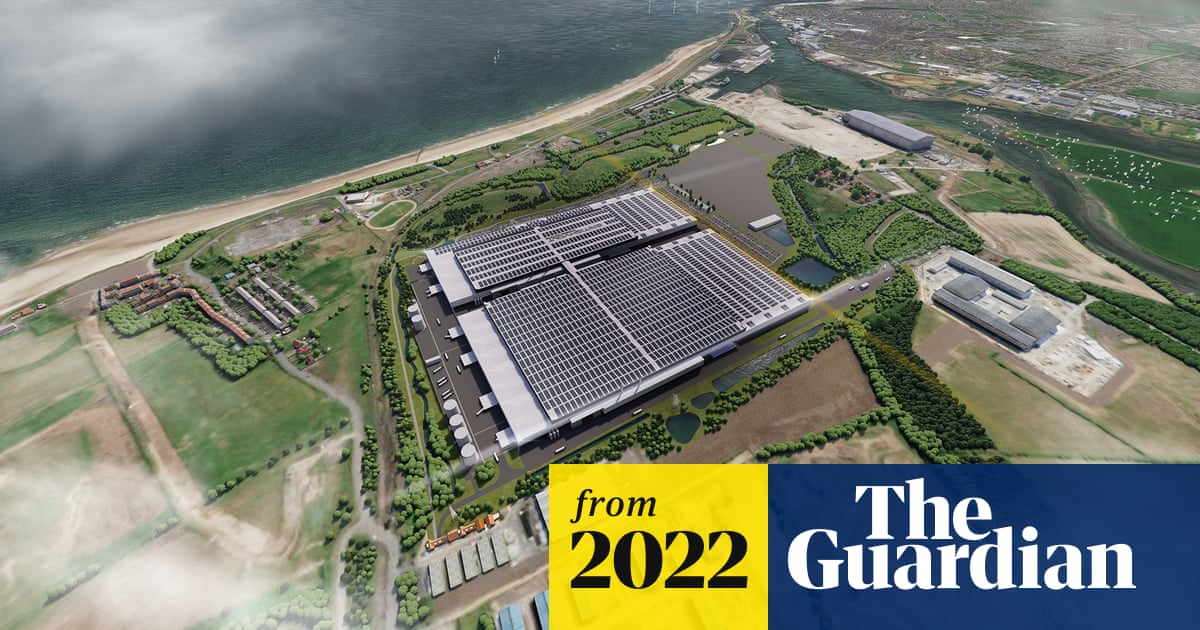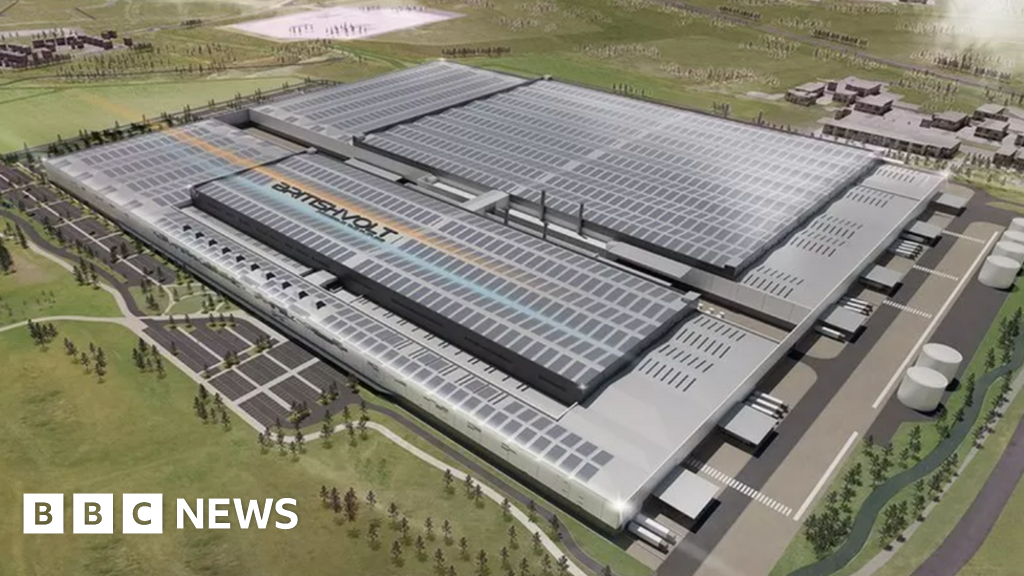grober
MB Master
Britishvolt: Electric car battery plant gets government funding
JUST not sure who is going to buy the batteries, since most car manufacturers like to source in-house. Nissan are intending to build their own plant in collaboration with the Chinese.
 www.electrive.com
www.electrive.com
JUST not sure who is going to buy the batteries, since most car manufacturers like to source in-house. Nissan are intending to build their own plant in collaboration with the Chinese.
Nissan confirms Sunderland battery plant & new BEV model | electrive.com
 www.electrive.com
www.electrive.com



